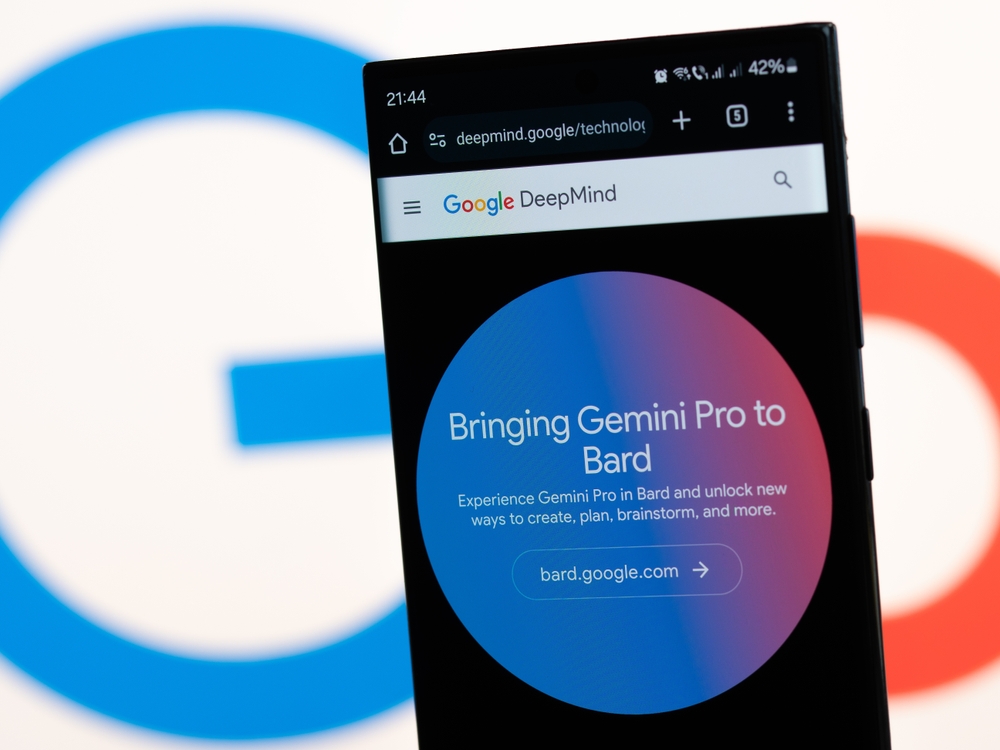The landscape of AI chatbots has been dominated by OpenAI’s ChatGPT, leaving Google’s Bard in its shadow due to lower popularity and limited competitiveness. However, recent developments suggest a paradigm shift as Google harnesses the power of its Gemini neural network to revamp Bard’s capabilities.

Gemini Empowers Bard’s Evolution
Google’s integration of Bard with the Gemini language model signifies a significant upgrade, available in 170 countries, albeit restricted to English for now. The Gemini series offers varying models, from the powerful Gemini Ultra to the lighter, faster Nano tailored for Android devices.
Bard’s Quantum Leap
Sissie Hsiao, Google’s VP of Assistant and chatbot development, hails Gemini as the catalyst for Bard’s remarkable advancement. She anticipates a comprehensive enhancement in Bard’s functions: from summarization and brainstorming to writing, promising a substantial leap in overall performance.
Google’s Confidence in Bard’s Improvement
CEO Sundar Pichai expressed confidence in Bard’s enhancement, noting a universal refinement in its understanding of user intentions and response quality. He highlighted its heightened realism, particularly in technical tasks like coding, foreseeing a superior user experience.
The Road Ahead for Bard
Google’s roadmap includes a preview release of Bard Advanced next year, powered by Gemini Ultra. This version expands Bard into a multimodal AI, enabling interactions beyond text—embracing images, audio, and video, notes NIXSOLUTIONS.
Google’s relentless pursuit of improving Bard demonstrates a promising future, potentially challenging the dominance of existing AI chatbots. With Gemini as its backbone, Bard’s evolution marks a significant stride in AI conversational capabilities.
